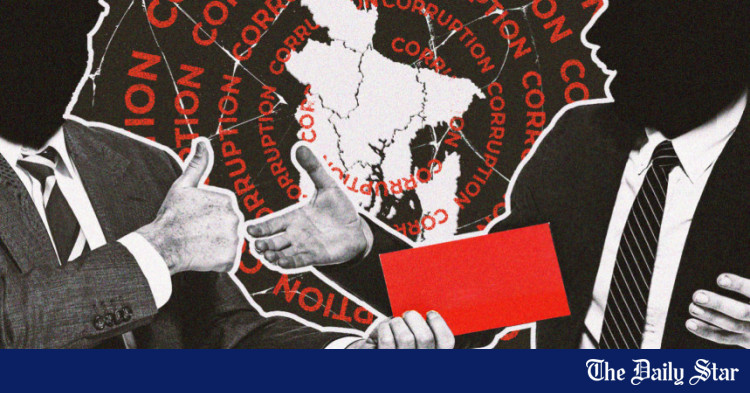


Bangladesh is currently facing significant challenges in public policy implementation, primarily due to weak institutions, political interference, and poor coordination among government agencies. Critics have pointed out a concerning gap between theoretical policies and their practical execution, with overlapping responsibilities among various agencies contributing to inefficiency [f2d6d8eb]. Moreover, corruption and a lack of transparency further undermine accountability, complicating efforts to implement effective policies [f2d6d8eb].
In light of these issues, innovative strategies have been proposed to enhance policy outcomes. These include data-driven policy implementation, decentralization, community-driven development, crowdsourcing, gamification, and the use of blockchain technology [f2d6d8eb]. Successful applications of these strategies in countries like the US, Brazil, Finland, and Georgia serve as valuable examples for Bangladesh to consider [f2d6d8eb].
The recent focus on asset recovery in Bangladesh, particularly in the wake of rampant corruption, aligns with the need for a robust policy framework. The interim government has initiated a taskforce led by the Bangladesh Bank governor to track stolen assets, which is a critical step towards restoring accountability and transparency [80c0930d]. This taskforce aims to strengthen legal actions against corruption, acknowledging the staggering amount of $234 billion estimated to have been embezzled during the previous regime [80c0930d].
Dr. Mohammad Kamrul Hasan emphasizes that strong political will is essential for adapting these innovative strategies to Bangladesh's unique context. Without a commitment to reform, the potential benefits of these approaches may not be realized [f2d6d8eb]. As Bangladesh strives to navigate its corruption crisis and improve public policy implementation, the integration of these innovative solutions could pave the way for a more transparent and accountable governance system [6291d2b0].
Ultimately, restoring public trust and ensuring effective governance will require a comprehensive approach that combines structural reforms with cultural shifts, aiming to instill a sense of accountability and responsibility among officials [6291d2b0]. The lessons learned from both historical contexts and contemporary examples will be instrumental in shaping Bangladesh's future as it seeks to overcome its challenges in public policy implementation [f2d6d8eb].